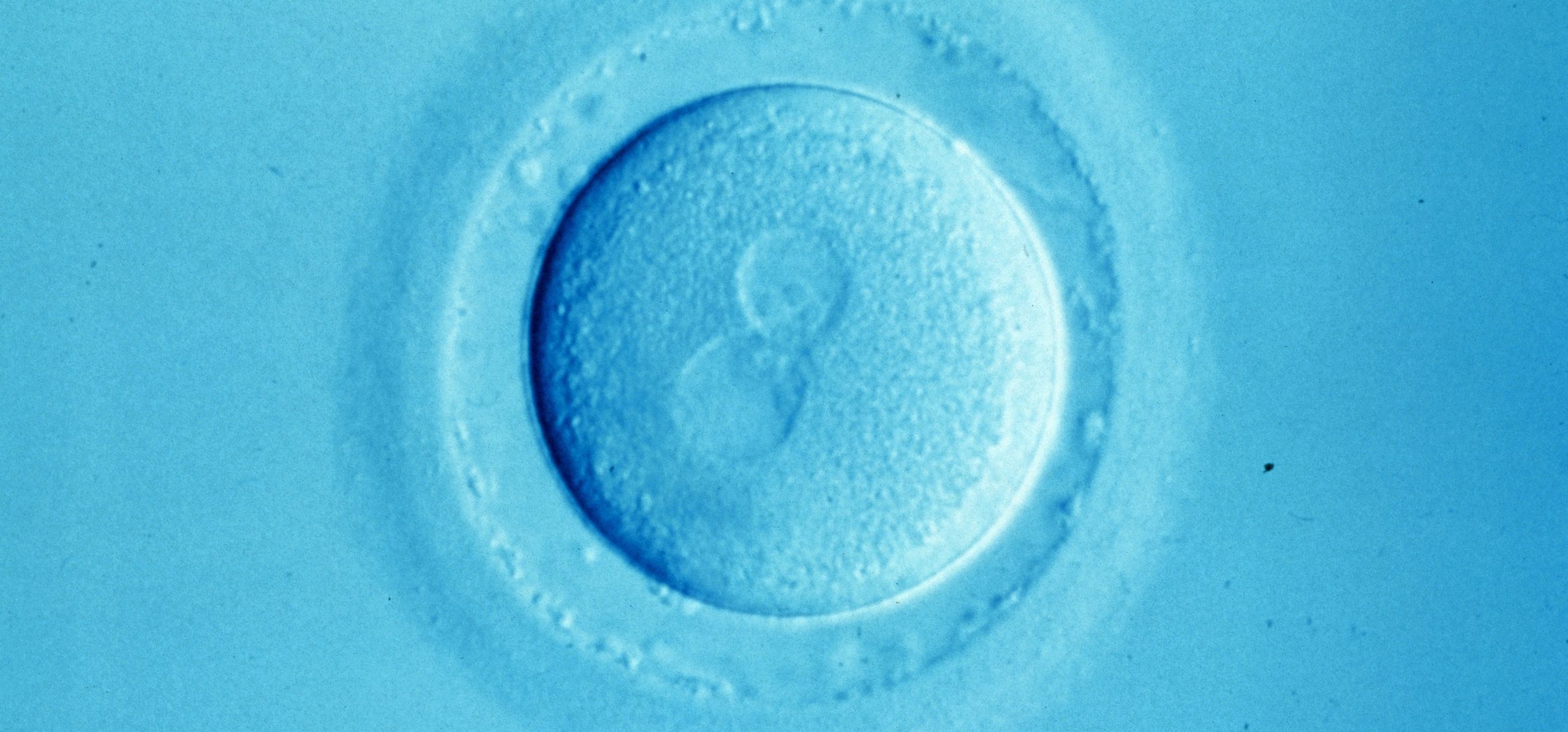
My frame was not hidden from you
when I was made in the secret place,
when I was woven together in the depths of the earth.
Your eyes saw my unformed body;
all the days ordained for me were written in your book
before one of them came to be.
Psalm 139:15-16
You began life as a single cell – a fertilised egg with mother and father’s DNA mingled together in a unique combination. This miniscule blob was all of you for a few hours, until it began to divide: 2 cells, 4, 8, 16, a ball, a hollow ball, and then something more complex. You were still tiny, but developing a nervous system, a head, a body, arms and legs. By that point your mother would be only too aware she was expecting a baby – the physical symptoms would have been hard to ignore. Each pregnancy is unique. Different parents, circumstances, extended family and wider social and cultural settings mean that no two individuals – even twins – turn out exactly the same. But we all have the same fragile start, both physically and in a sense socially too, because every family has its own special set of baggage.
In the run-up to Christmas I have often thought about Jesus’ birth – his mother struggling through labour in an unfamiliar place, his undignified entry to the world, his first breath, first cry, and everything else it means to be a tiny baby. Until recently I hadn’t really thought much about Jesus being an embryo. Somehow I find that that thought even more shocking than his birth. How could God, who made the universe, have become something so completely and utterly vulnerable? Maybe in the past, when the development of a child happened in ‘secret’, with no imaging technology and no IVF, it was possible just to let that part of the Christmas story go untold.
Today, when we see images of a developing child, or even embryos outside the womb, it is harder to ignore the process of Jesus developing into a baby. The incarnation meant that God’s son went through all the stages in the diagram in my developmental biology textbook: ‘zygote’, ‘morula’, ‘blastocyst’, implantation, and so on. One of the things that fills me with wonder is the formation of fingers. Our hands started out shaped like paddles. Chemical signals radiated out across the future hand, telling each cell what kind of tissue it should become: skin, cartilage, bone, muscle, and so on. The identity of each finger is determined by signals from the flaps of webbed skin between, which are eventually broken down. Pictures of developing mouse embryos show tiny digits emerging and taking on more and more detail, like a picture coming into focus.
The development of an embryo is a little like a cross between origami and stone carving. The cells multiply rapidly to form whole sheets which fold in, out, and under each other to make the embryo. So life doesn’t unfold, as some book titles proclaim, it folds up. Some chiselling away is also needed, because the gut, gaps between the fingers, and other spaces need to open up to allow movement and flow. A baby only needs about one third of the nerve cells it produces during prenatal development, for example. At a cellular level, a huge amount of energy goes into producing a healthy child.
The gospel of John begins, “In the beginning was the Word, and the Word was with God, and the Word was God. He was with God in the beginning. Through him all things were made; without him nothing was made that has been made. In him was life, and that life was the light of all mankind.” Jesus the Messiah, the Word, was there in the beginning, and all life owes its existence to him. But instead of remaining aloof, content to be the one to whom all life owes its existence, he chose to become one of us. I think the incarnation lends enormous dignity to living things. The son of God shared the same kind of DNA as every other organism on the planet. He took on a genome, and became a single cell that went through the highly complex dance of multiplying and developing into a person. Since the incarnation, we are no longer separated from God by our organic nature. Being made of material stuff is not necessarily a downside when it comes to connecting with God because he knows what it feels like to have a body, to feel hungry and thirsty, pain and pleasure, dark and light.
So as we remember the journey of Jesus’ incarnation at Christmas time, we can also remember the nine months that went before his birth: Mary’s sickness as the embryo took root in her womb, growing to the size of a peanut, a curled finger, then a fist. As God’s son grew, Mary’s body changed. He kicked, she needed to eat more so he could grow strong, and her movements became more and more weighed down by the baby inside her. Every single person’s start in life is given special status because God took exactly the same path into the world. Every life is precious.
In Psalm 139, the writer is meditating on God’s intimate knowledge of him, which began when he was an embryo. There is nothing God doesn’t know about him, and no way to get away from that knowledge. The incarnation means that God’s intimacy with us now extends even further. He has become one of us, lived alongside us, and shared our very fragile material nature. It’s hard to get my head around that thought. To use the Psalmist’s words, “Such knowledge is too wonderful for me, too lofty for me to attain.”

Reproduced by permission from Merry Christmas Everyone: A festive feast of stories, poems and reflection, Edited by Wendy H. Jones, Amy Robinson & Jane Clamp (Association of Christian Writers, 2018)